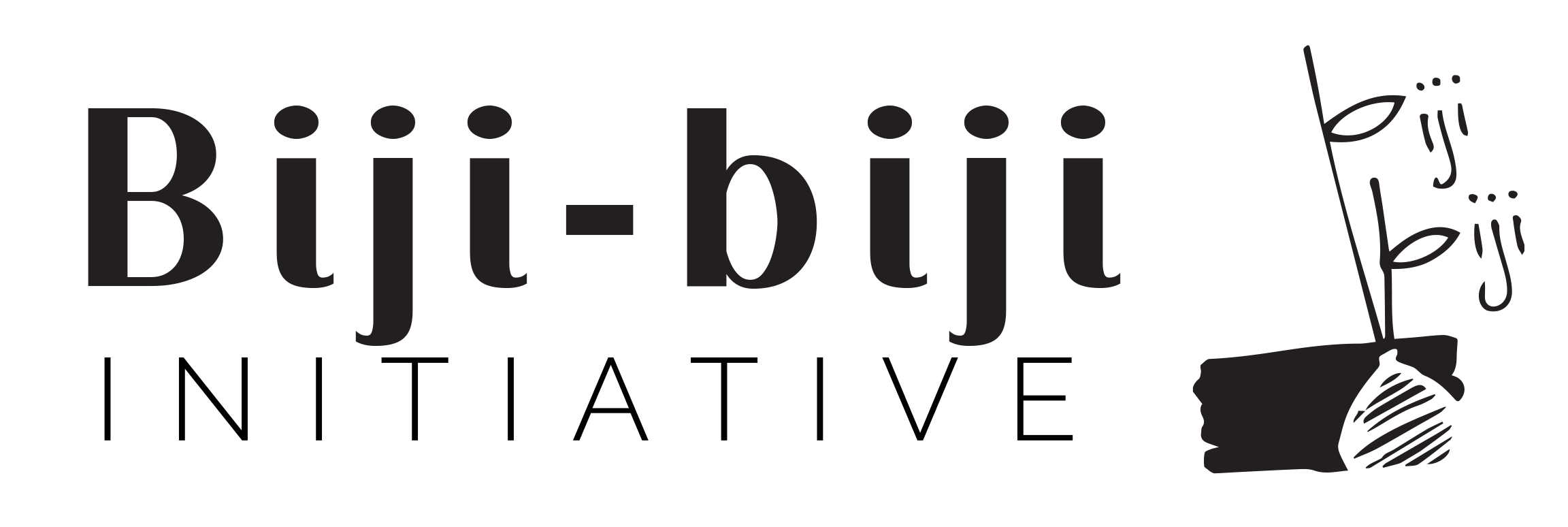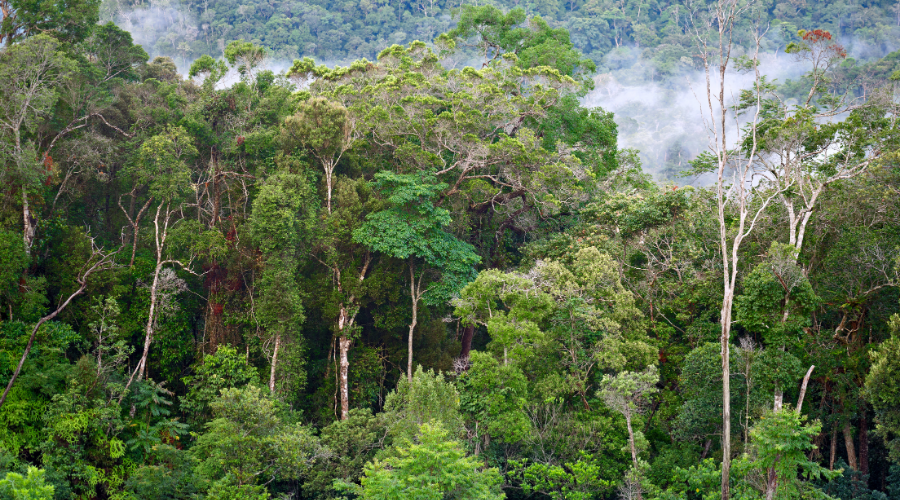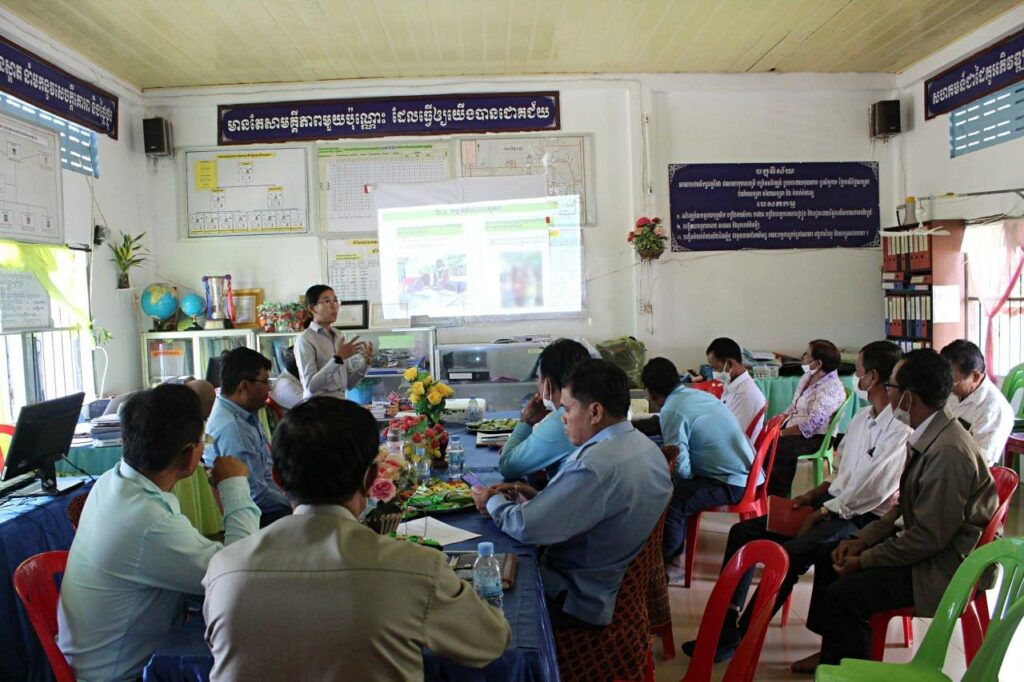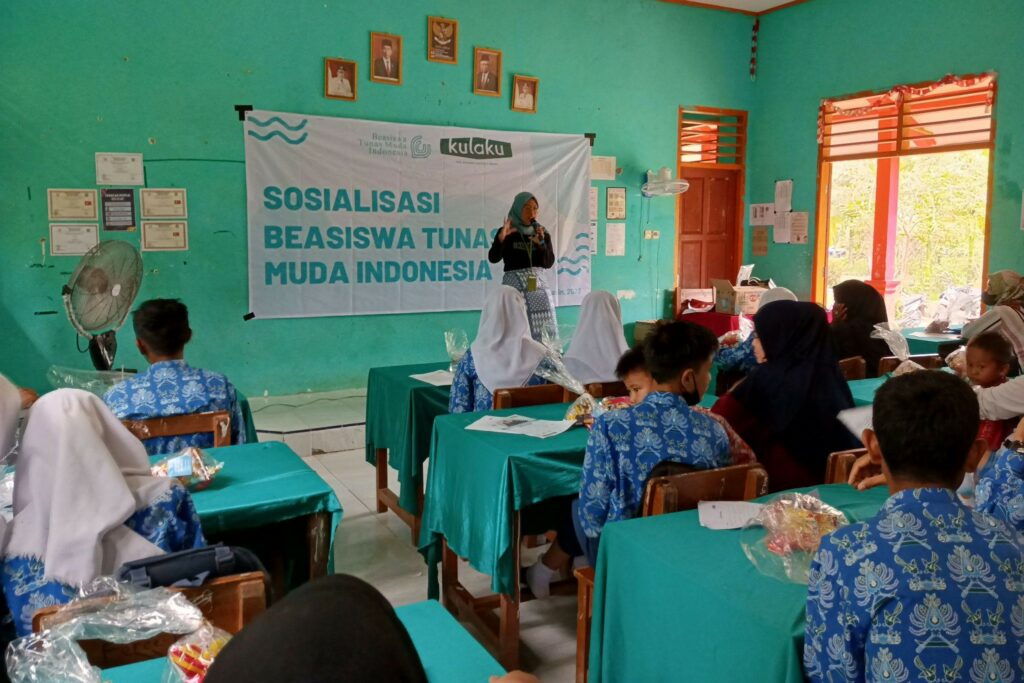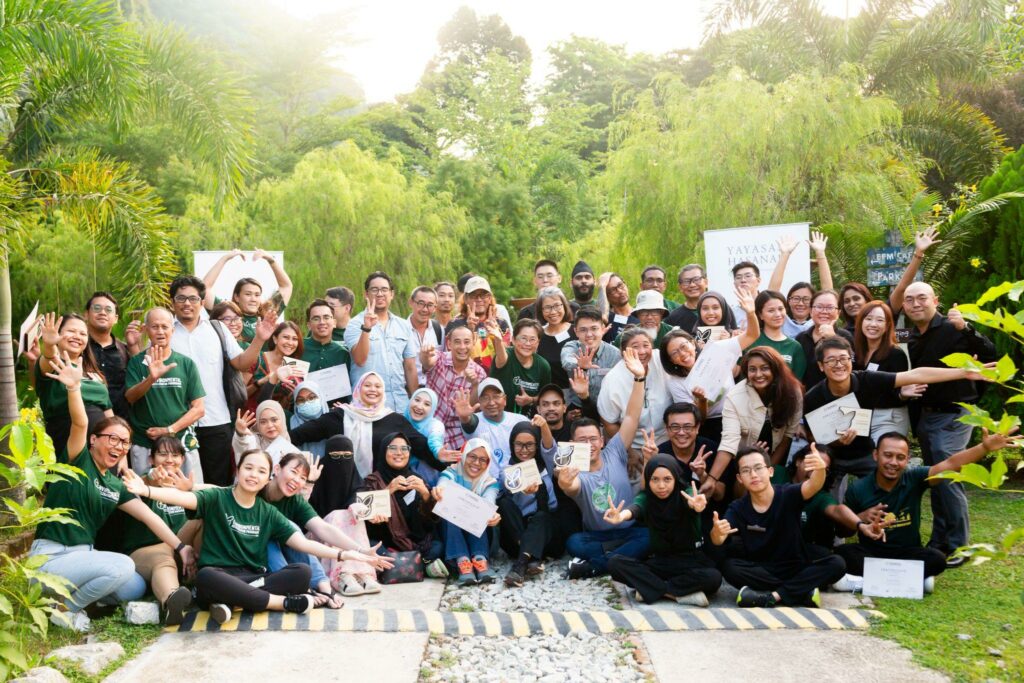How do you determine the health of a forest? Well, you listen to it!
Known as one of the largest ecological experiments in the world, a research project entails using low-cost recorders to track the health of the Malaysian Bornean rainforests.
The research is known as the SAFE (Stability of Altered Forest Ecosystem) project. In essence, a team of scientists from Imperial College London, Universiti Malaysia Sabah, and the South East Asia Rainforest Research Partnership have been recording and tracking the health of the Borneo rainforest by measuring the level of noise it creates.
The Borneo Rainforest: A Threatened Treasure Trove
According to the Borneo Project, the Borneo rainforest is home to:
- 221 species of land-living mammals;
- 420 species of birds;
- 15,000 species of flowering plants; and
- 3,000 species of trees.
According to Climate Home News, rapid deforestation, illegal logging, and the rise in the palm oil industry continue to loom over our country. This threatens to wipe out more of the rainforests, which are crucial for carbon-storing and water catchment areas that feed into various rivers.
Palm oil plantations, pulp plantations, illegal logging, and forest fires drive the deforestation of Borneo with a current deforestation rate of 1.3 million hectares per year.
How Listening to the Borneo Rainforests Works
In essence, data is collected in the form of sounds streamed from recorders placed around a region of the Bornean rainforest. With this information, the researches are able to determine and analyse the responses of forest systems to changes.
Sarab Sethi, a PhD student from the Department of Mathematics at Imperial, mentioned that by obtaining “a fingerprint of each audio stream, the difference in soundscapes between different sites can be compared, and changes such as land use changes can be quantified.”
Heat and humidity challenge the applicability of off-the-shelf products for the SAFE projects. Therefore, the team built their own recorders using the Raspberry Pi hardware platform, where the solar-powered devices automatically send data over the mobile phone network.
Raspberry Pi is a low-cost, credit-card sized computer that plugs into a computer monitor or TV and uses a standard keyboard and mouse. Moreover, the Raspberry Pi operates in the open-source ecosystem: it runs Linux (a variety of distributions), and its main supported operating system, Raspbian, is open source and runs a suite of open-source software.
The research facilitates conservation by contributing to the development of biodiversity monitoring techniques. The findings of the project will also add to the understanding of the functions of the tropical rainforest and how it changes when placed under pressure from humans.
For details regarding the study context and design, please refer to this article. To listen to the rainforest recordings, please visit this website.
Open source at Biji-biji Initiative
At Biji-biji Initiative, we are excited about innovations and integrations engineered to help improve efficiency in research and development, especially in areas involving environmental and biodiversity conservation. The future is increasingly digital and smart; it is uplifting for us to learn about low-cost technologies that advance efforts in protecting our planet for the sustainability of our future.
Moreover, operating by open source principles is also one of our values at Biji-biji Initiative. With that, our designs are shared for non-commercial use – the rights to study, change and distribute them are available for non-commercial purposes. This allows the designs to be constantly improved upon, and to further develop our building techniques by making new prototypes. By spreading good ideas instead of protecting them, we can innovate efficiently and effectively. Read more about our values here!
Malaysia is truly blessed with an abundance of natural resources and beautiful rainforests rich in biodiversity, yet there remains room for improvement in protecting our forests.
What’s one innovation you found out that’s helping advance research?
